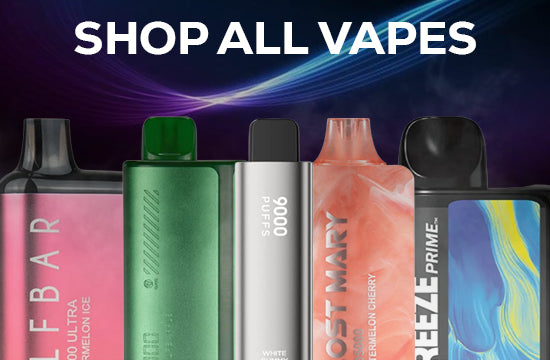Trading standards authorities have issued a stern warning to retailers following a concerning rise in the sale of vaping products to underage individuals. This alarming trend was highlighted during a series of test purchase operations conducted in May across Gloucestershire, where police cadets were enlisted to help identify non-compliant retailers.
Overview of Test Purchases
During these operations, volunteers under the age of 18 attempted to purchase vapes at 21 different stores throughout the county. Shockingly, four retailers sold vapes containing nicotine to these underage buyers without verifying their ages or asking for identification. This marks a significant decline in compliance, dropping the county's success rate from 100% in 2023 to just 76% this year.
Trading Standards officials expressed disappointment at the results, emphasizing that retailers who refused to sell to underage customers had previously received guidance on legal sales practices, including the necessity of proper age verification.
Legal Implications for Retailers
Retailers found to be in violation of the law will receive official correspondence reminding them of their responsibilities regarding the sale of vaping products. Additionally, they will be subjected to follow-up tests later in the year. Should they fail these subsequent inspections, they may face prosecution, which could result in significant legal and financial repercussions.
Jason Poole, the acting head of Trading Standards at Gloucestershire County Council, stated, "We recognize that the rise in vaping is a real worry for parents and guardians, which is why we carry out these test purchase operations. We will provide additional guidance to shops to ensure they do not sell to anyone underage. Although only four retailers sold to someone under 18, one is too many. If they are found selling again in the follow-up operation, they may find themselves subject to an investigation which could lead to prosecution."
The Broader Context of Vaping Among Youth
The issue of underage vaping is not confined to Gloucestershire. Nationally, there has been a marked increase in vaping among young people. According to Action on Smoking & Health, the prevalence of vaping among children aged 11 to 17 rose from 4% in 2020 to 7% in 2022. Furthermore, the percentage of children who have ever tried vaping increased from 14% to 16% during the same period.
The appeal of disposable vapes, often brightly colored and flavored, has made them particularly attractive to younger demographics. These products are frequently priced between £4 and £8, making them financially accessible. The design and marketing strategies employed by some vape manufacturers have drawn criticism for targeting younger consumers, raising concerns about the long-term implications for public health and smoking rates among youth.
Regulatory Challenges and Future Actions
The Chartered Trading Standards Institute (CTSI) has called for urgent government intervention to address the rising tide of non-compliant vaping products flooding the market. Reports indicate that approximately one in three vape products may not meet legal standards, including excessive nicotine concentrations and inadequate labeling.
As part of a comprehensive strategy to combat underage sales, Trading Standards is advocating for stricter regulations, including potential bans on certain marketing tactics that appeal to children, such as the use of cartoon characters and vibrant packaging.
In addition to these measures, local authorities are encouraged to enhance their enforcement capabilities to ensure compliance with existing laws. The CTSI has highlighted the need for greater resources and clearer guidelines from the government to support local trading standards teams in their efforts to curb illegal sales.
Conclusion
The recent findings from Gloucestershire serve as a crucial reminder of the ongoing challenges posed by underage vaping and the responsibility of retailers to comply with legal standards. As the landscape of vaping continues to evolve, it is essential for both regulators and retailers to work collaboratively to protect young people from the potential harms associated with nicotine addiction and to ensure that vaping products are sold responsibly.


